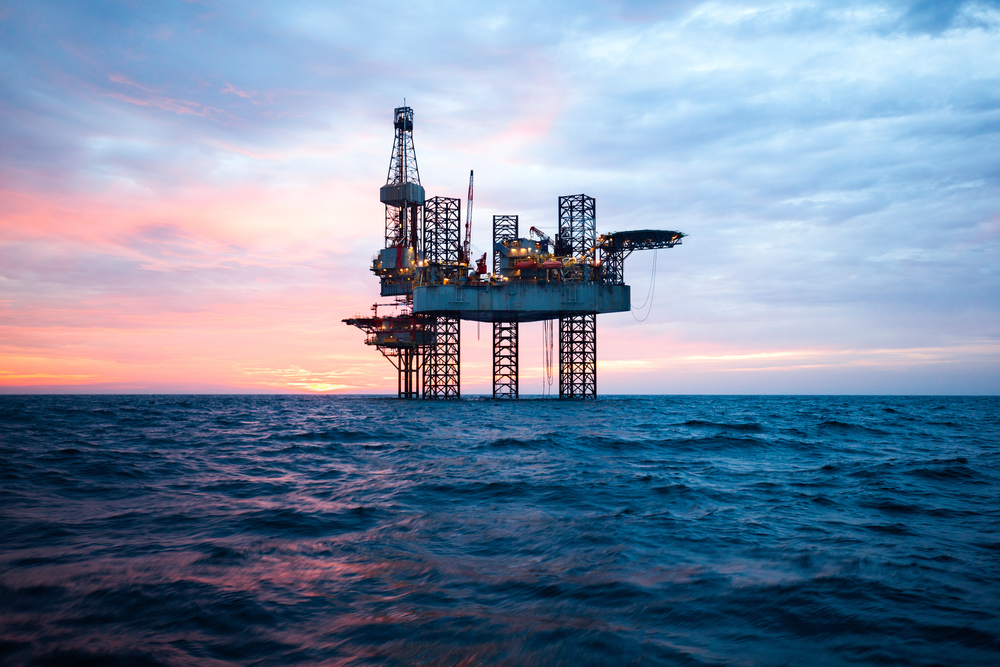
.jpg)
In this course, thermal and pressure loads and pipes' mechanical stresses are looked into for the purpose of system design. How thermal expansion, pressure, and mechanical stress can be used in the design and development of efficient and industry-compliant piping systems are the subjects of this training, considering the dynamic environment the systems will be working in.\
| City | Start Date | End Date | Fees | Register | Enquire | Download |
|---|---|---|---|---|---|---|
| Madrid | 23-06-2025 | 27-06-2025 | 6200 $ | Register | Enquire | |
| Amsterdam | 07-07-2025 | 11-07-2025 | 6200 $ | Register | Enquire | |
| Krakow | 14-07-2025 | 18-07-2025 | 6200 $ | Register | Enquire | |
| Madrid | 21-07-2025 | 25-07-2025 | 6200 $ | Register | Enquire | |
| Cairo | 28-07-2025 | 01-08-2025 | 3950 $ | Register | Enquire | |
| London | 04-08-2025 | 08-08-2025 | 6200 $ | Register | Enquire | |
| Bali | 11-08-2025 | 15-08-2025 | 4950 $ | Register | Enquire | |
| Amsterdam | 18-08-2025 | 22-08-2025 | 6200 $ | Register | Enquire | |
| Casablanca | 25-08-2025 | 29-08-2025 | 4950 $ | Register | Enquire | |
| Amsterdam | 01-09-2025 | 05-09-2025 | 6200 $ | Register | Enquire | |
| Kuala Lumpur | 08-09-2025 | 12-09-2025 | 4950 $ | Register | Enquire | |
| Madrid | 15-09-2025 | 19-09-2025 | 6200 $ | Register | Enquire | |
| Istanbul | 22-09-2025 | 26-09-2025 | 4950 $ | Register | Enquire | |
| London | 29-09-2025 | 03-10-2025 | 6200 $ | Register | Enquire | |
| Dubai | 06-10-2025 | 10-10-2025 | 4300 $ | Register | Enquire | |
| Casablanca | 13-10-2025 | 17-10-2025 | 4950 $ | Register | Enquire | |
| Cairo | 20-10-2025 | 24-10-2025 | 3950 $ | Register | Enquire | |
| Barcelona | 27-10-2025 | 31-10-2025 | 6200 $ | Register | Enquire | |
| Kuala Lumpur | 03-11-2025 | 07-11-2025 | 4950 $ | Register | Enquire | |
| Casablanca | 10-11-2025 | 14-11-2025 | 4950 $ | Register | Enquire | |
| Milan | 17-11-2025 | 21-11-2025 | 6200 $ | Register | Enquire | |
| Madrid | 24-11-2025 | 28-11-2025 | 6200 $ | Register | Enquire | |
| London | 01-12-2025 | 05-12-2025 | 6200 $ | Register | Enquire | |
| Zurich | 08-12-2025 | 12-12-2025 | 5600 $ | Register | Enquire | |
| Kuala Lumpur | 15-12-2025 | 19-12-2025 | 4950 $ | Register | Enquire | |
| Casablanca | 22-12-2025 | 26-12-2025 | 4950 $ | Register | Enquire | |
| Cairo | 29-12-2025 | 02-01-2026 | 3950 $ | Register | Enquire |
This Piping Design and Stress Analysis course covers various important aspects related to the design of pipelines and performing stress analysis. Participants can expect to gain a comprehensive understanding of the basic principles of piping design, the initial defining factors relevant to preliminary piping design, its first configuration, and overall system orientation. The course also emphasizes the factors that govern pipe stress analysis, especially at the preliminary design stage.
The curriculum includes a study of the fundamental components of piping design, particularly the choice and configuration of hangers and supports. This training is tailored for specialists seeking to deepen their knowledge in piping design and stress analysis, particularly in the oil and gas industry.
Each participant will acquire theoretical knowledge and practical skills necessary for creating correct and safe designs in accordance with legal regulations in the field of piping design. The course builds on the basic principles of piping design and provides specific knowledge essential for those aspiring to become piping stress analysis engineers.
After completing the Piping Design and Stress Analysis training course, participants will:
Unit 1: Introduction – General Characteristics of Piping
Unit 2: Basic Concepts of Stress Analysis – Stress/Flexibility Evaluation
Unit 3: Stress Analysis – The Design Bases
Unit 4: Influences on Pipe Support Design – Rigid Supports
Unit 5: Influences on Pipe Support Design – Spring Supports
Unit 6: Influences on Pipe Support Design Restraints
.jpg)
.jpg)

.jpg)
.jpg)














